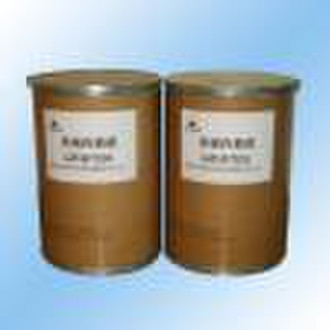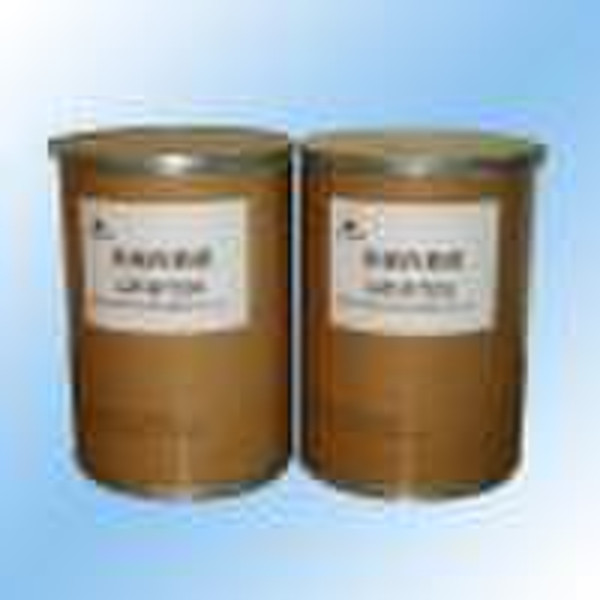Catalog
-
Catalog
- Agriculture
- Apparel
- Automobiles & Motorcycles
- Beauty & Personal Care
- Business Services
- Chemicals
- Construction & Real Estate
- Consumer Electronics
- Electrical Equipment & Supplies
- Electronic Components & Supplies
- Energy
- Environment
- Excess Inventory
- Fashion Accessories
- Food & Beverage
- Furniture
- Gifts & Crafts
- Hardware
- Health & Medical
- Home & Garden
- Home Appliances
- Lights & Lighting
- Luggage, Bags & Cases
- Machinery, Hardware & Tools
- Measurement & Analysis Instruments
- Mechanical Parts & Fabrication Services
- Minerals & Metallurgy
- Office & School Supplies
- Packaging & Printing
- Rubber & Plastics
- Security & Protection
- Service Equipment
- Shoes & Accessories
- Sports & Entertainment
- Telecommunications
- Textiles & Leather Products
- Timepieces, Jewelry, Eyewear
- Tools
- Toys & Hobbies
- Transportation
Filters
Search
Cartap

sara Leung
Contact person
Basic Information
| Classification | Insecticide |
|---|---|
| CAS No. | 15263-53-3 |
| Place of Origin | China |
| Brand Name | Anpon |
Cartap Insecticide, Carbamate Features: 1) Common name: Cartap 2) Structural formula: border=0> 3) Chemical name: S,S'-(2-dimethylaminotrimethylene)bis(thiocarbamate) 4) Molecular formula: C7H15N3O2S2 5) Molecular weight: 237.3 6) CAS no.: 15263-53-3 Physical-chemical properties: Cartap hydrochlorlde 1) Appearance: colorless slightly hygroscopic and crystalline solid with slight odor 2) Melting point: 179 - 181oC (decomp.) 3) V.p.: negligible 4) Solubility: a) In water: c.200g/L (25oC) b) Very slightly soluble in methanol and ethanol c) Insoluble in acetone, diethyl ether, ethyl acetate, chloroform, benzene, and hexane 5) Stability: stable in acidic conditions but hydrolysed in neutral or alkaline media 6) Technical specification: 98TC 7) Formulation: 50SP 8) Analysis: HPLC; iodimetry method Applications: (Cartap hydrochloride) A highly effective, broad-spectrum, low toxic and low residual insecticide, causing paralysis by ganglionic blocking action on the central nervous system. It is a systemic insecticide with stomach and contact action. Insects discontinue feeding, and die of starvation. Cartap hydrochloride is used, at c. 0.4 - 1.0kg/ha for controlling chewing and sucking insects (particularly Lepidoptera and Coleoptera), at almost all stages of development, on many crops; including rice, tea, cotton, potatoes, cabbage and other vegetables; also on soybeans, peanuts, sunflowers, maize, sugar beet, wheat, pearl barley, pome fruit, stone fruit, citrus fruit, vines, chestnuts, ginger and sugar cane. Toxicology: (Cartap hydrochloride) 1) Oral: acute oral LD50 for female rats 325, male rats 345, male mice 150, female mice 154mg/kg 2) Skin and eyes: acute percutaneous LD50 for mice >1000mg/kg; no irritation to skin or eyes in rabbits 3) Inhalation: LC50 (6h) for rats >0.54mg/L 4) NOEL (2y): for rats 10mg/kg b.w. daily; (1.5y) for mice 20mg/kg b.w. daily 5) Fish: LC50 for carp 1.6mg/L (24h) and 1.0mg/L (48h) 6) Bees: moderately toxic to honey bees 7) Worms: very toxic to silkwormsPackaging: 25kg/plastic woven bag or cardboard drum lined with plastic bag Payment Term: L/C at sight Price Term: FOB Shanghai
-
Payment Methods
We accept:









